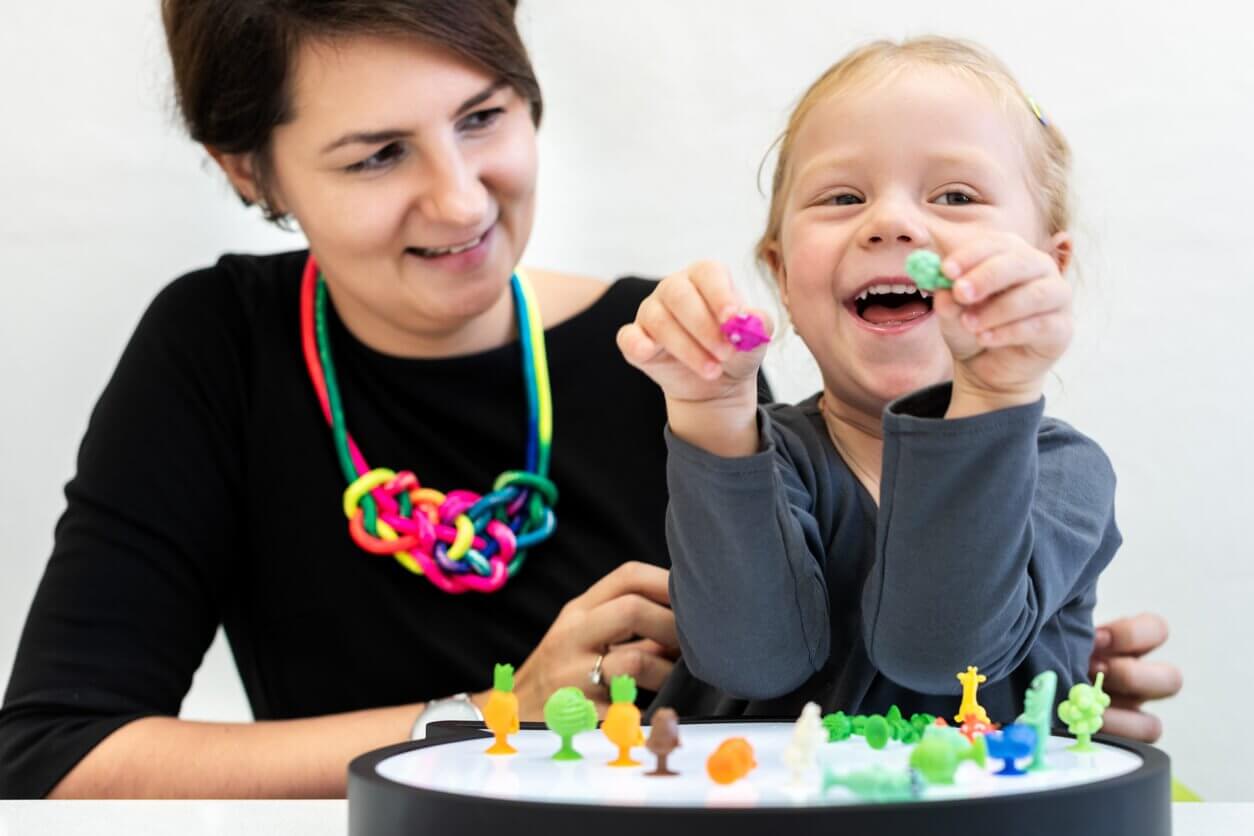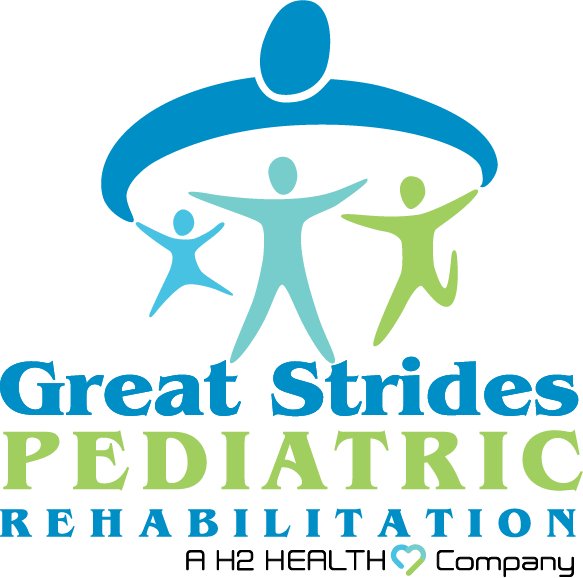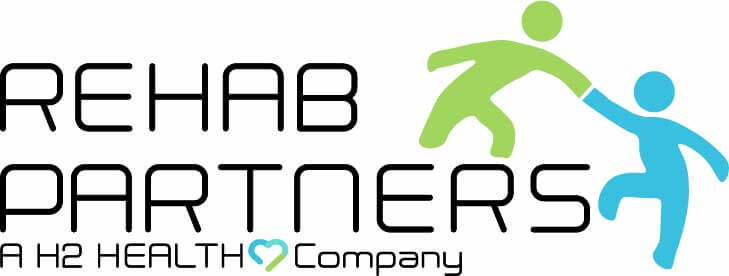Pediatric Sensory Processing

Sensory processing therapy is a type of therapy that is designed to help children who have difficulty processing sensory information. The therapy involves activities that help the child organize and interpret the information they are receiving from their senses. For example, the therapist may use props such as balls, bubbles, and foam to help the child learn to process visual information. The therapist may also use music and movement to help the person learn to process auditory and kinesthetic information. The goal of sensory processing therapy is to help with:
- Vestibular processing
- Proprioceptive processing
- Sensory exposure (smell, touch, taste, sound sight) processing
How Can You Tell if Your Child Needs Sensory Processing Therapy?
A child's vestibular system is important for their development. It helps them with their balance, movement, and coordination. When a child has a problem with their vestibular system, it can cause developmental delays.
Vestibular processing is a way to help children address problems with their vestibular system. Vestibular processing uses different activities to help children with their balance, movement, and coordination.
Proprioceptive processing helps children feel where their bodies are in space. It involves the large muscles and the receptors in the joints, tendons, and muscles. This information is processed in the brain and allows us to have a sense of where our arms and legs are.
It is important for many activities such as crawling, climbing, jumping, and writing. Children with proprioceptive processing difficulties may find it difficult to plan and carry out motor tasks.
They may appear clumsy, be constantly on the go or fidgety, or have difficulty sitting still. They may also have difficulty with handwriting as they are less aware of the position of their hand and fingers.
Most children love to explore with their senses. Seeing, hearing, touching, smelling, and tasting are all ways that kids learn about the world around them. However, some children may have difficulty processing the information they receive through their senses. This can lead to problems with learning, behavior, and socialization. Sensory processing disorder (SPD) is a condition that can affect children of all ages.
If your child has SPD, they may be overly sensitive to certain stimuli, or they may have trouble interpreting information from their senses. There are many different types of SPD, and each child will experience the condition in their own way.
Though all children are different, there are some key signs that may indicate your child could benefit from sensory processing therapy.
If your child is overly sensitive to certain stimuli, such as sounds or textures, they may benefit from therapy designed to help them better process and integrate sensory information.
Similarly, if your child has difficulty regulating their emotions or has a low threshold for arousal, therapy can help them develop coping mechanisms and allow them to learn to self-regulate.
In addition, if your child struggles with fine motor skills or coordination, therapy can help them develop the skills necessary to perform everyday tasks. If you notice any of these signs in your child, it may be worth considering sensory processing therapy.
Children with sensory processing disorders may have difficulty processing and responding to sensory information. As a result, they may have difficulty with activities such as eating, dressing, or playing. H2 Health can help. We can provide individualized assessment and treatment plans that target your child's specific needs. Contact us today at (800) 699-9395 to learn more. Find our nearest location to get the services you need.






































